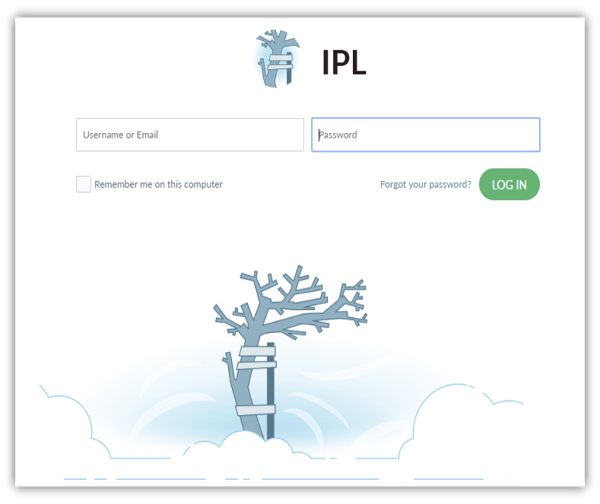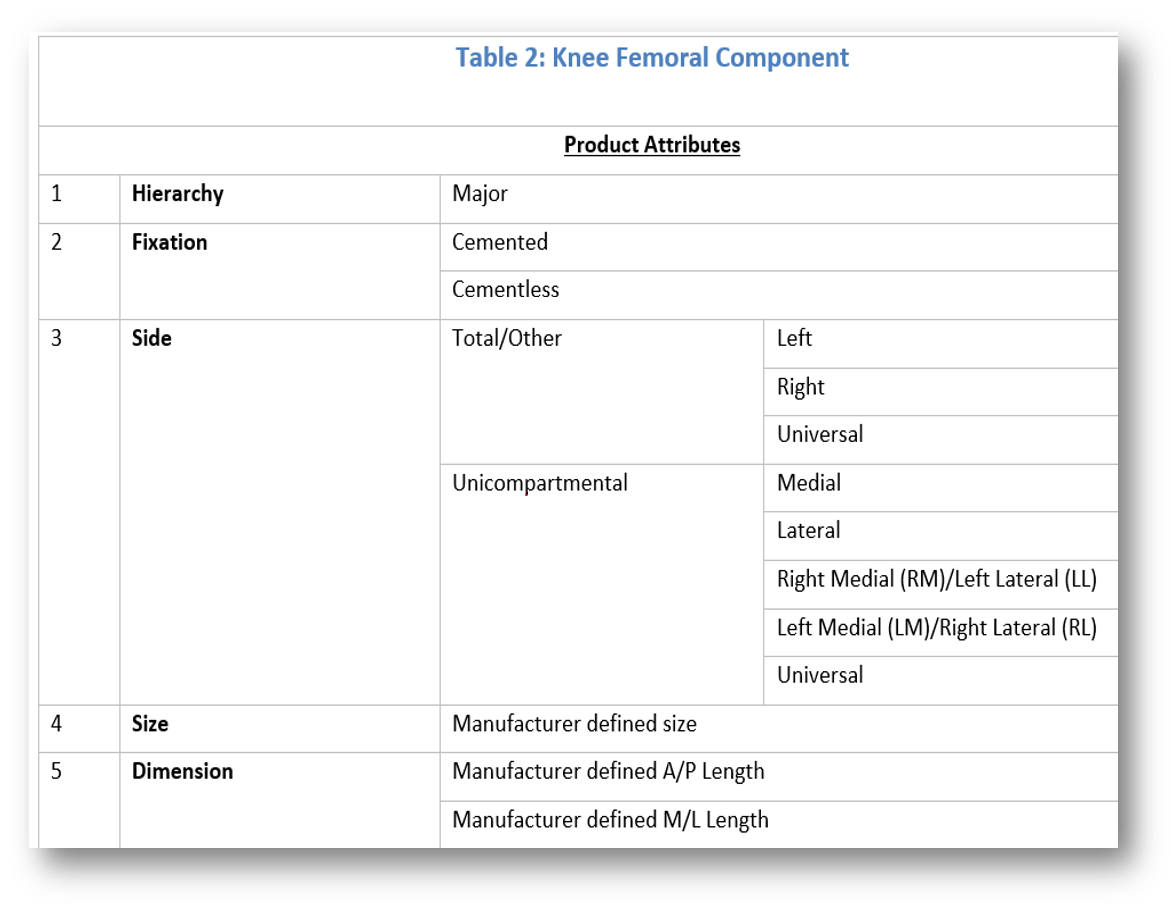 Homepage for industry and ISAR member registry use.
Homepage for industry and ISAR member registry use.
AJRR Selected to Develop, Manage, and Support IPL Technology Platform
The American Joint Replacement Registry (AJRR), through the American Academy of Orthopaedic Surgeons (AAOS), was selected by the International Society of Arthroplasty Registries (ISAR) to develop, house, and maintain the International Prostheses Library (IPL). ISAR, with assistance from industry and its own registry participants, is creating the IPL to serve as a single source of medical device information for industry partners and ISAR member organizations worldwide. Analysis of this unique assembly of data leads to discovery and mitigation of medical device risks to patients. Findings provide best practice guidance for surgeons and device manufacturers that reduce the patient’s chance of experiencing an adverse event, thereby improving patient safety. AJRR, part of the AAOS Registry Program, is an associate member of ISAR. While ISAR retains ownership of the Library, AJRR’s role was announced at ISAR’s June 2018 Annual Congress.
How the IPL Works
The IPL is scheduled for launch in Q4 of 2018 and is based on ISAR prostheses groupings and attributes. Currently, several pilots are in progress. Over 50,000 components are loaded to date*. To create the Library and launch the pilots, three initial steps were identified:
1.) ISAR contributes 3-5 years of spreadsheet component and attribute data from its members.
2.) The medical device industry contributes their proprietary component information. Early industry contributors included Zimmer Biomet, Smith & Nephew, and DePuy Synthes. Additional industry leaders like Stryker and DJO Surgical are expected to contribute data in the near future.
3.) It was essential to find a vendor to manage and house IPL data. AJRR was chosen for this role.
*Source - ISAR/ICOR Library
IPL Data Model - ISAR Standards

IPL Data Model Knee Femoral Component based on ISAR standards.
Key IPL Features for ISAR Registries
- Secure user access to view and export component catalog data
- Ability to search catalog via simple or advanced search and view results
- Export search results data
- Build queries and/or custom reports and/or schedule delivery of data to a registry system or a specific location
- Submit component data to the Registry
- Ability to add, edit, and update Registry profiles
Key IPL Features for Industry Partners
- Secure user access to import, manage, view, and access component catalog data
- Ability to import component catalog data via the User Interface or view specification details for automated import via SFTP
- Edit, add, archive existing records via the User Interface or Import (library history)
- Create and manage a catalog profile per component to include attachments such as images and/or product guide (via import or UI)
- Ability to search catalog via simple or advanced search and view results
- Export search results data
- Build queries and/or custom reports
- Add, edit, and update manufacturer profiles
IPL Adds Value to ISAR Registries, Industry Partners, and Patient Safety Initiatives
Like all ISAR member registries, AJRR will benefit from ISAR’s IPL efforts through an improved ability to report and analyze medical device information. Using this single source will help ensure that AJRR reporting is more consistent with international registries and will improve overall implant data quality. Better patient safety practice and awareness will result from these efforts.
AJRR, part of the AAOS Registry Program, is pleased to have been selected and approved by ISAR to develop, manage, and support the IPL Technology Platform.
For information about the AJRR RegistryInsights™ platform, speak with a Registry Engagement Associate at (847) 292-0530 or Request A Demo today!
Be sure to leave a comment in the form below!

